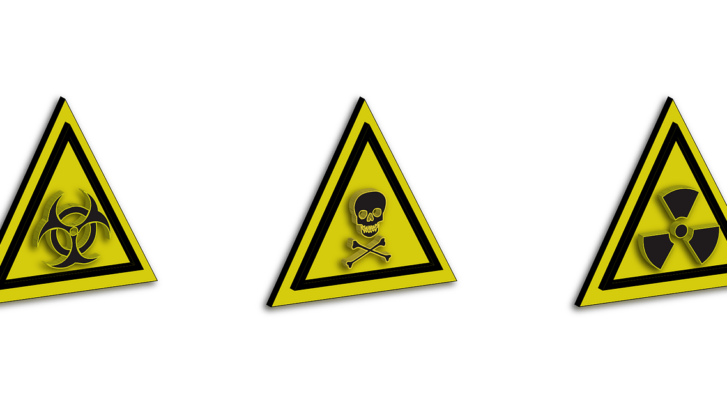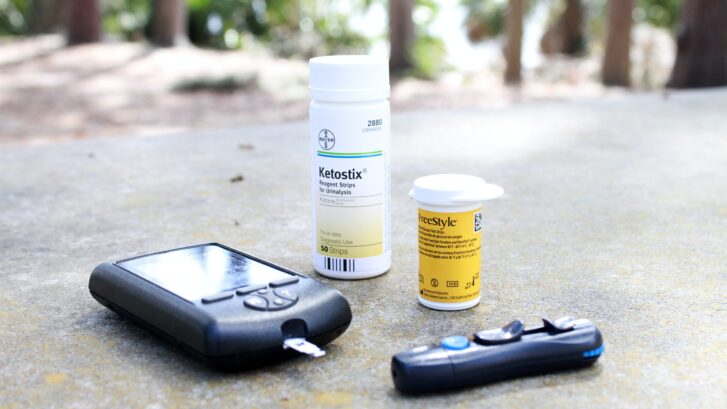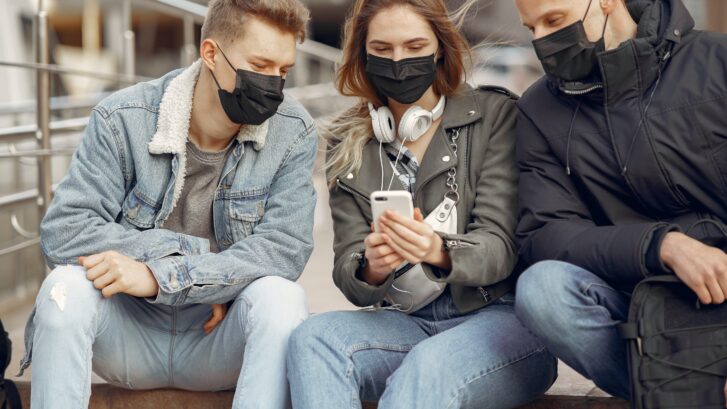Here’s the Scoop on Sodium and Your Health
We need salt to stay alive. Ironically, however, too much of this good thing can kill us. And, thanks to the proliferation of processed foods, we’re getting ever more of this potentially deadly substance.

We need salt to stay alive. Ironically, however, too much of this good thing can kill us. And, thanks to the proliferation of processed foods, we’re getting ever more of this potentially deadly substance.

To our concierge family practice doctors in Jupiter, Florida, tea is the second-best beverage you can drink for good health. It comes as a close second, of course, to drinking water.
The practice of brewing leaves appears to go back at least 5,000 years, but its actual origins are hazy. The most persistent legend concerns a Chinese emperor who drank a bowl of hot water that was boiled for sanitary purposes. He was in his garden when a few leaves fell into his bowl, surprising him with the resulting pleasant flavor.
But a great deal of recent research has found there’s far more to be found in a cup of tea than a soothing drink.

Our concierge family practice doctors in Jupiter, Florida, certainly understand the allure of crisp bacon, the snap of fried sausage, or the attraction of a hoagie piled high with a variety of processed meat.

We tend to think of our homes as our safe place. But according to the American Association of Poison Control Centers (AAPCC), accidental poisoning is the leading cause of injury-type deaths in the U.S., and 92 percent of those occur in the home.
From prescription medications to cleaning supplies, hidden dangers lurk in every corner of our homes.
Which is why our concierge doctors at MD 2.0 in Jupiter, Florida, want to take advantage of National Poison Prevention Week, March 21-27, to highlight ways you can keep yourself and your family safe.

Our concierge doctors recognize how hard it can be to lose weight. If you’re severely obese, it may seem an impossible task. But even those struggling to lose just 10-20 pounds may be frustrated at how stubbornly those extra pounds cling to your body.

The start of a new year is traditionally the time to turn the page on the bad habits and disappointments of the previous year.
Usually near the top of the list of New Year’s resolutions that people make is the decision to lose weight. And from a health perspective, our concierge doctors certainly applaud that one.
Overweight or obesity is responsible for a host of chronic diseases, from type 2 diabetes to backaches to joint pain. So you want to achieve and maintain a healthy body weight, right? But which diet is best?

Of course running is bad for your knees, right? Everybody knows this. After all, it only makes sense. You’re bringing the full weight of your body down on these joints with every step, so you’re wearing out the cartilage from overuse.
But our concierge doctors have often found that what seems like “common sense” is anything but, which is why we look to science for answers.

If you’ve been one of those fortunate enough to be able to work at home during the pandemic, you’ve probably been glued to your chair for eight or more hours a day. At least at the office you might have been able to walk around from desk to desk, or take the stairs, or take a walk at lunch.
Whereas at home, our concierge doctors are guessing that you get very little chance to move at all. And that could be detrimental to your health.

Let’s face it—this has been a lousy year. We’ve either lost or postponed so many of our normal pleasures, it’s no wonder that we’re feeling deprived. But our concierge doctors have a prescription that can help cheer you up: chocolate.
And ‘tis the season for it, after all. Not to mention that, as we’ll explain below, it can be healthier than eggnog, frosted cookies and cakes, and all the other sugarplums we’re inclined to consume this time of year.

As Florida closes in on the unenviable milestone of nearly a million confirmed cases of COVID-19, our concierge doctors wanted to share a bit of good news. We’ve mentioned before how critical it is to wear face masks in public to help keep others from becoming infected. People can be contagious for up to two weeks before they begin to show symptoms, which accounts for the rapid spread of the disease.
Now a new scientific briefing from the Centers for Disease Control and Prevention (CDC) confirms what researchers had long suspected: Masks protect the wearer as much as those around them. The revised guidance, released late last month, cites several studies. These show masks reduce the risk of contracting the virus by up to 79 percent.